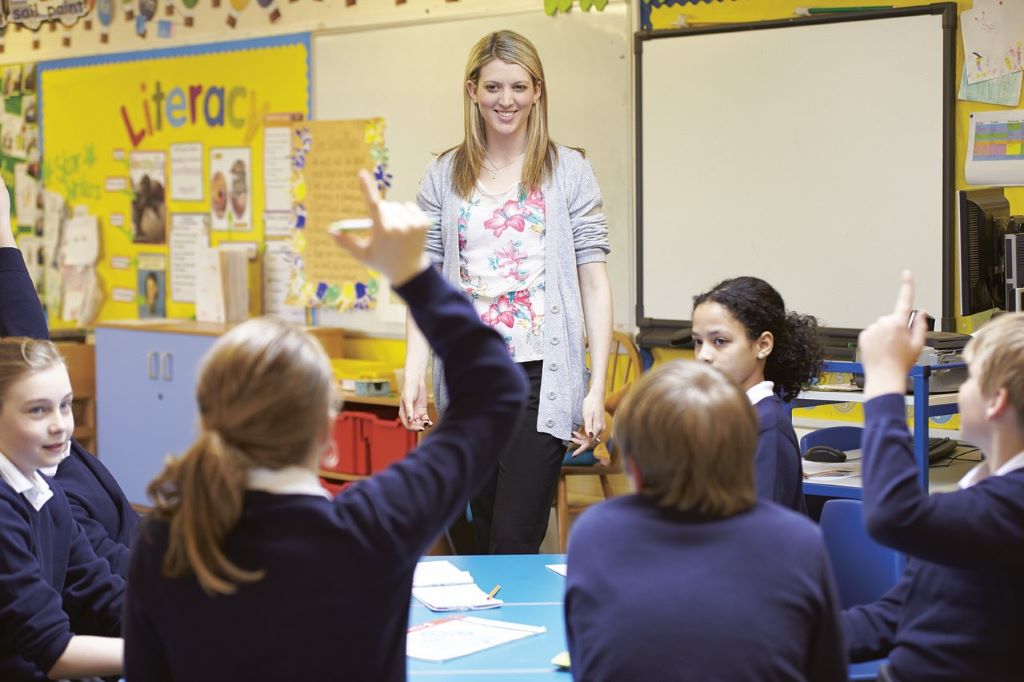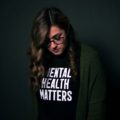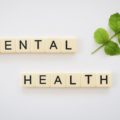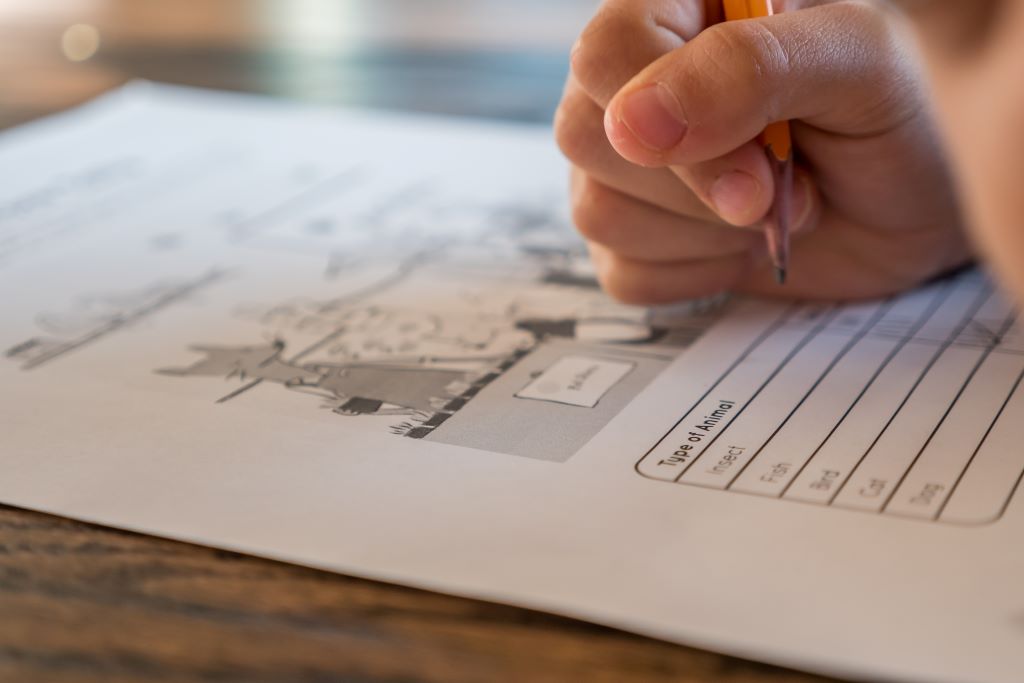
World Mental Health Day is celebrated every year on the 10th of October, and unlike previous years, where I try to write prior to this day to create mental health awareness, I wanted to do something different. World Mental Health Day this year has now passed, and I have to say I only saw two Instagram stories about it. Nothing else. This, in my opinion, shows that there is still not enough acknowledgment about it. And I understand – with all that is currently going on, who would choose to give importance to this day? Being frank, I did not, either.
Considering that around 970 million people around the globe suffer from some type of mental health issue, awareness about such a significant matter should not be ‘smashed’ into one day – but it should be incorporated gradually throughout our lifetimes. Mental health does not only make part of our emotional well-being, unlike what many think, but psychological and social well-being are also key aspects of it. It affects our thinking, our feelings, and our actions, while determining the relationships with those around us, as well as our choices and how we handle stress. Surprisingly, it DOES NOT only affect adults – it affects individuals in every life stage, from childhood through adulthood.
This is why, in my opinion, mental health awareness deserves more than one day. Children and teenagers are rarely acquainted with awareness days, after all, their priorities at that age might be making friends and enjoying their livelihood. So why are we expecting young people and children to open up when they might not even know why they are not feeling okay?
These past few years we have been seeing more awareness about LGBTIQ+, thus more individuals feeling ‘safer’ to open up and come out. This means that more individuals might be suffering from bullying, possibly leading to mental health issues. Yes, people in the LGBTIQ+ community are more at risk of mental health disorders, given that 86% of these individuals might be bullied during their school years. Your children might be experiencing this without you even noticing, and this could be why they might be a little withdrawn, having low or no energy, constantly yelling and fighting, etc.
Where am I going with this?
It all comes down to one thing – education. Mental health awareness should start within the primary school setting and continue through middle and secondary school years. I understand that there is guidance counseling offered at school, which is available to the students, but I know that being aware that there is someone at school that you can open up to, is not enough.
Educators must understand that while giving children homework can help their academic abilities, it can also be a trigger for stress, and ultimately, mental health problems. Children should be looked at holistically and not as beings of academia. Educators could easily create a ‘de-stress’ corner in class, as well as talk openly about mental health with children. Educators should show them that they care and that they are there to listen.
Age does not matter when it comes to mental health. Around 18% of American children aged 2–8 suffer from a mental, behavioural or developmental disorder. So please, do give importance to mental health, regardless of age.
We must not forget to acknowledge those experiencing secondary school life. Less than 5 years ago, I was attending secondary school, I know what there is. And honestly, seeing my sister walking to the same school I was attending at the time scares me. I know what it’s like to feel lonely while surrounded with people. I know what it’s like to feel pressured to talk in a certain way. I know what it’s like to feel like a failure. And unfortunately, despite being told that I should talk to a guidance teacher, I felt I couldn’t at the time.
As a student I wanted to focus on my lessons, so I could not go to a guidance teacher as by doing so I would have to miss a lesson. And besides, I felt too embarrassed showing the teacher a paper saying that I needed to skip that particular lesson, especially knowing that everyone would be looking at me curiously. And if that is not enough, being told by your friends that “the teacher said that booking sessions with guidance counselors is a good excuse to skip lessons” on the day you had to skip the lesson to go talk to a school counselor, is definitely not a nice and ethical thing to hear. Oh, and after gathering some courage to make an appointment, you get to enter the main room to hear the guidance teachers ‘spilling the tea’ about the students who had just shared their issues with them – DEFINITELY not encouraging!
Organising talks in class about different types of mental health issues while assuring these young students that you are there to listen and that confidentiality is key, might help. Showing them that they are acknowledged and cared for is important. Getting them acquainted with their potential guidance teacher is definitely a plus. Allowing the students to stay anonymous is also something that could potentially be implemented. Or if a student wants to talk with their back facing you, please allow them. Offer the possibility if the student is finding it hard to be honest about their situation. For them this can be a strategy that helps them gather their thoughts and speak their minds out.
As parents, at home, please keep an open mind. Understand that these young people (this includes young children as well) might not know what they are feeling or how to put their feelings into words. Re-assure them that they can speak to you. Create little outings so that both of you can get to know more about each other. Encourage them to find something, like a sport, that can help them forget and de-stress.
There are multiple ways in which awareness can be created and the things mentioned throughout this article help increase awareness, which, I believe would last a lifetime. After all, those currently in school are what the next generation is all about, and being brought up in such a safe and open environment can only encourage them to replicate their experience when older.
References:
CDC Centers for Disease Control and Prevention (2021). About Mental Health. Retrieved from https://www.cdc.gov/mentalhealth/learn/index.htm on 11th October 2021
CDC Centers for Disease Control and Prevention (2021). Data and Statistics on Children’s Mental Health. Retrieved from https://www.cdc.gov/childrensmentalhealth/data.html on 11th October 2021
Cvetkovska, L. (2021). 45 Worldwide Mental Health Statistics to Blow Your Mind. Retrieved from https://loudcloudhealth.com/resources/mental-health-statistics/#:~:text=%20Top%2010%20Worldwide%20Mental%20Health%20Statistics%20for,have%20some%20type%20of%20anxiety%20disorder.%20More%20 on 11th October 2021
MentalHealth.gov (2020). What Is Mental Health? Retrieved from https://www.mentalhealth.gov/basics/what-is-mental-health on 11th October 2021
NationalToday (2021). World Mental Health Day – October 10, 2021. Retrieved from https://nationaltoday.com/world-mental-health-day/#:~:text=%20World%20Mental%20Health%20Day%20is%20on%20October,towards%20it%20have%20changed%20things%20for%20the%20better on 11th October 2021
Do you have an experience you’d like to share with us at wham, either in your name or anonymously? Contact us or send us an email at [email protected]

Christianne Marie Galea is currently reading for a B.A (Hons) in Early Childhood Education and Care at the Faculty of Education, University of Malta, which will lead her to become an early childhood educator. Her wish is to create an environment in which her class children will feel comfortable sharing their thoughts and emotions while expressing themselves freely.
In her free time Christianne loves creating art through mixed mediums such as water colours, acrylic, pencil colours and aquarelles. She also loves listening to music, acting and spending time with her sisters.
Click here to check out Christianne’s full bio as well as a list of all her Wham published articles





